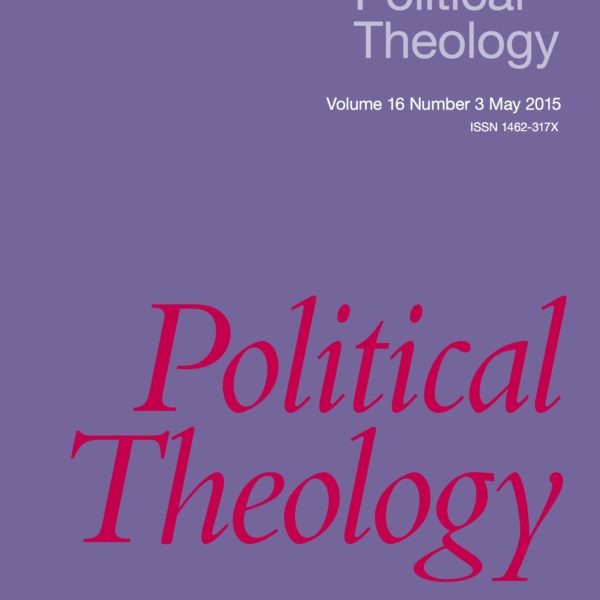
Return now to the martyrs who met for Bible study at Emanuel Church on the evening of June 17th. They teach us very many things, and also many more than I can know. Still, I want to say here that, by their faithful practice, they too illumine the meaning of the Parable of the Sower, and that they do so by indicating what it means to be good and fertile ground.

We are happy to announce the publication of Vol. 16, Issue 3 of our journal, Political Theology. Unlike several recent issues, this issue is not organized around a single theme, but brings together a range of high-quality contributions on diverse topics in contemporary political theology.

The storm at sea is one of the most potent experiences and images of chaos. Jesus’ miraculous calming of the storm is an image, not merely of his power with regard to nature, but also of his mastery over the chaotic political elements that threaten us.

If Dostoyevsky foresaw the rise of the 20th century totalitarian states as the father figures who would feed the masses in the first temptation, what did Dostoyevsky foresee here with regards to his feared future Catholic theocracy? What Dostoyevsky saw was how the captivating of the conscience through miraculous ecstasy could manifest itself, in games and permissiveness.







